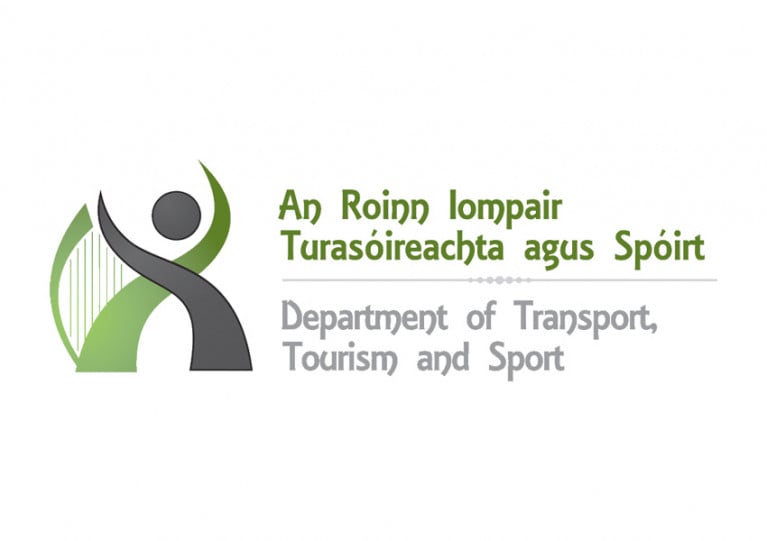Displaying items by tag: NMOSCP
National Maritime Pollution Contingency Plan Is Published
The new National Maritime Oil & HNS Spill Contingency Plan (NMOSCP) will establish “a national framework and strategy to co-ordinate marine pollution preparedness and response”, according to the Department of Transport, Tourism and Sport.
Published yesterday (Friday 26 June), the plan aims to address all oil and HNS (hazardous and noxious substances) pollution in the waters of Ireland’s Exclusive Economic Zone, whether it originates from ships, harbours, offshore units, oil/HNS handling facilities or land-based sources.
An “essential feature” of the plan is co-ordination between the Irish Coast Guard and relevant Government and non-State bodies, and it provides “a platform to co-ordinate responses in the context of the Major Emergency Management Framework and separately under the Strategic Emergency Management National Structures and Framework”.
The department adds that the NMOSCP “will address Ireland’s obligation under international convention in respect to preparedness and response to maritime pollution incidents”, and will provide the coastguard with a benchmark for best international practice.
The contingency plan is available to download below, while various standard operating procedures can be found on gov.ie HERE.






























































